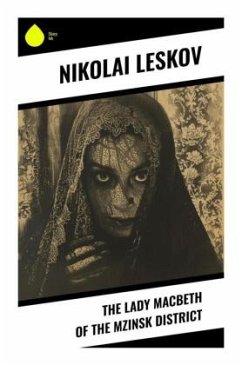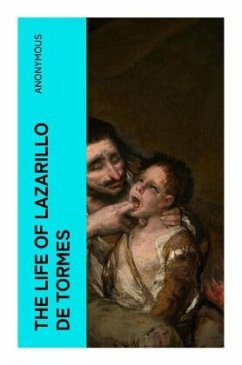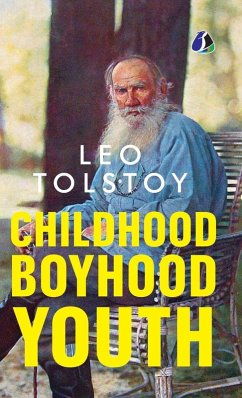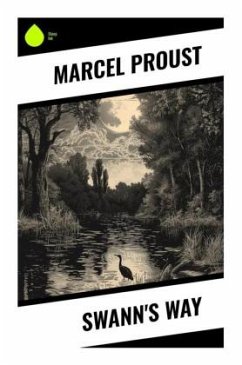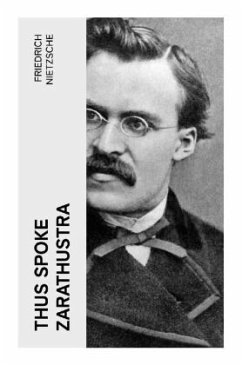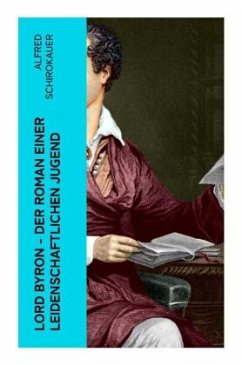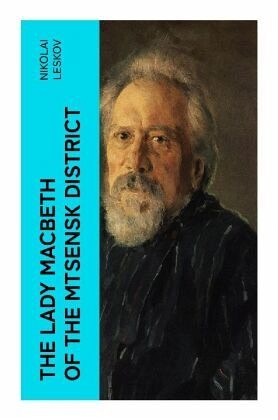
The Lady Macbeth of the Mtsensk District
Versandkostenfrei!
Versandfertig in 6-10 Tagen
8,20 €
inkl. MwSt.
Weitere Ausgaben:

PAYBACK Punkte
0 °P sammeln!
In "The Lady Macbeth of the Mtsensk District," Nikolai Leskov delivers a compelling narrative steeped in the tumultuous intersections of desire, betrayal, and societal constraint. Written in 1865, this novella employs a realist literary style interspersed with vivid characterizations and stark depictions of rural Russian life, situating it within the broader context of 19th-century Russian literature that often grapples with moral complexities and the plight of women. Leskov's use of folk idioms and regional dialects enriches the text, grounding it in the socio-economic realities of the time a...
In "The Lady Macbeth of the Mtsensk District," Nikolai Leskov delivers a compelling narrative steeped in the tumultuous intersections of desire, betrayal, and societal constraint. Written in 1865, this novella employs a realist literary style interspersed with vivid characterizations and stark depictions of rural Russian life, situating it within the broader context of 19th-century Russian literature that often grapples with moral complexities and the plight of women. Leskov's use of folk idioms and regional dialects enriches the text, grounding it in the socio-economic realities of the time and heightening its dramatic tension as the protagonist, Katerina Izmailova, navigates her oppressive circumstances with increasingly desperate choices. Nikolai Leskov, an established figure in Russian literature, was deeply influenced by his encounters with rural life and the intricacies of the human psyche. His experiences as a tanner, coupled with his interest in the folklore and tales of his homeland, imbue the narrative with authenticity and emotional depth. Leskov's background as a storyteller reflects in this work, showcasing his ability to reveal the dark undercurrents of human relations amidst the mundane realities of existence. This compelling novella is a must-read for those interested in the evolution of character-driven narratives and the exploration of female autonomy within a patriarchal society. Leskov's incisive examination of Katerina's psyche offers readers profound insights into the nature of passion and the consequences of societal constraints, making it a remarkable work that resonates even in contemporary discussions of gender and power.




